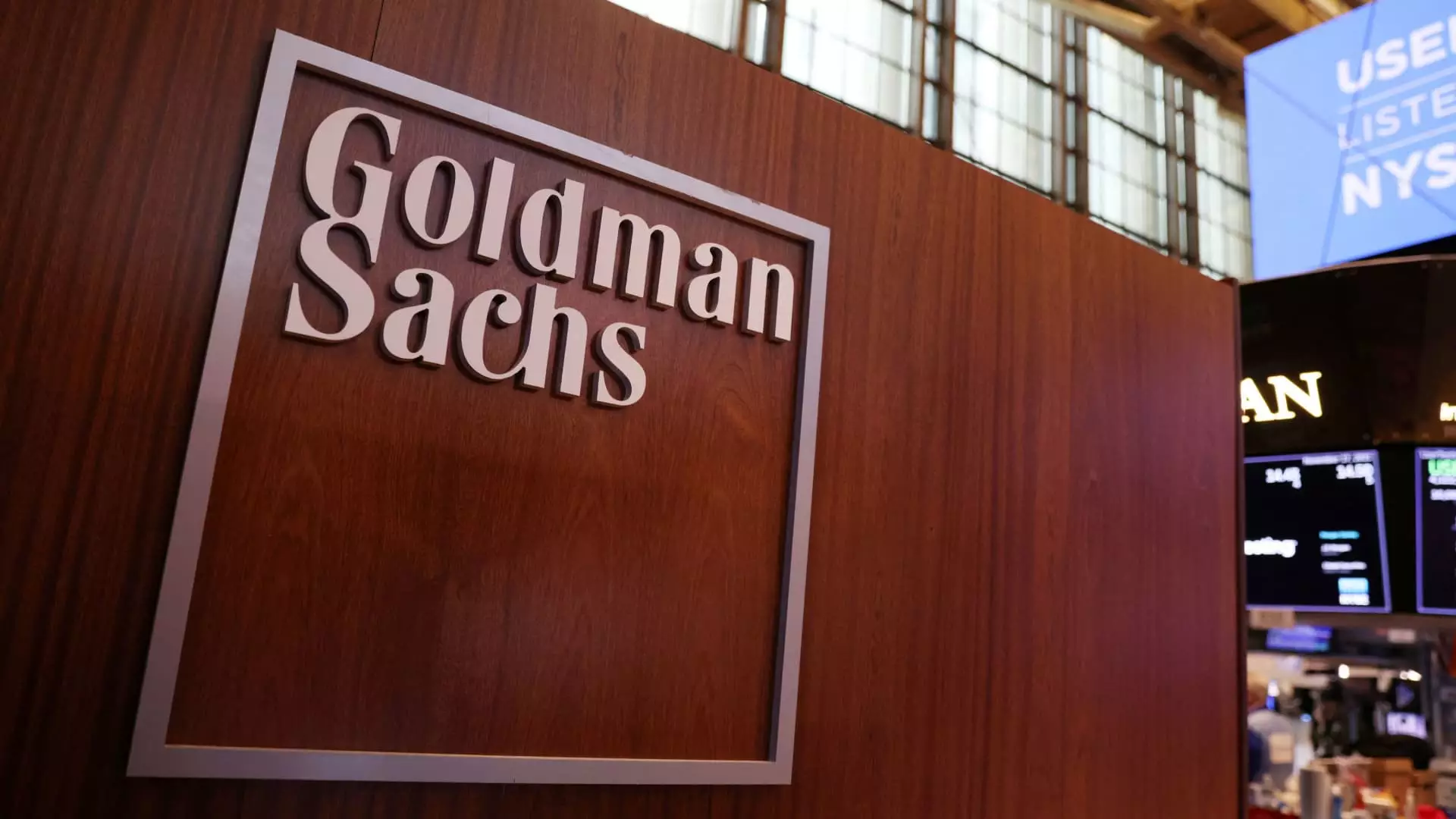The financial industry is on the brink of a groundbreaking transformation driven by the rapid integration of autonomous artificial intelligence. Goldman Sachs, one of the most influential players in global finance, has begun experimenting with an AI software engineer named Devin, signifying a bold leap toward a future where machines don’t just assist humans—they take on complex, autonomous roles. This move isn’t a mere experiment; it symbolizes a paradigm shift that could redefine the very fabric of financial services, emphasizing productivity, innovation, and efficiency at unprecedented scales.
Goldman’s adoption of Devin marks a pivotal moment. Unlike traditional AI tools that mainly augment tasks, Devin is designed to run multi-step projects with minimal human oversight. It can autonomously write and update code, build applications, and handle other intricate engineering responsibilities. This level of sophistication points toward an era where AI systems are becoming full-fledged contributors rather than simple assistants. The bank’s confidence in deploying such technology—initially starting with hundreds of these AI agents—underscores expectations of dramatic efficiency gains and cost reductions, which could ripple across the entire financial landscape.
What makes Devin particularly noteworthy is its origin. Developed by Cognition, a startup founded late in 2023, Devin has quickly captured attention with its capability to perform as a full-stack engineer. Its demonstration videos showcase an AI diligently executing complex programming tasks with scarcely any human intervention. If such tools become ubiquitous, they promise to accelerate workflows exponentially and shift the very nature of technological development within these firms.
The Broader Implications: Catalyst for Transformation and Disruption
The move toward autonomous AI in finance isn’t happening in isolation—it’s part of a larger movement seen across various industries. Major tech giants like Microsoft and Alphabet have reported AI contributing to roughly 30% of code creation in some projects. Salesforce’s CEO openly stated that AI is responsible for up to half of the work at his company. Such figures reveal that AI is swiftly moving from supplementary systems to core operational engines, capable of executing advanced, autonomous tasks at scale.
Goldman Sachs’s ambition to leverage Devin to potentially triple the productivity of its developers embodies the promise of this technological revolution. Instead of replacing workers outright, the bank envisions a “hybrid workforce,” where humans and AI coexist and collaborate. This model requires employees to evolve—becoming adept at articulating complex problems through precise prompts and supervising AI outputs. The societal implications are profound: a future where the role of the software developer becomes less about manual coding and more about strategic oversight.
However, this transition also stirs inevitable concerns about job security. As AI systems become capable of performing tasks once thought too complex for machines, fears of widespread unemployment and economic disruption loom large. Reports of potential banking sector layoffs reaching hundreds of thousands emphasize the urgency of this debate. Yet, history suggests that technological revolutions often transform job landscapes rather than purely eliminate them—though the transition may be turbulent. In finance, roles might shift from routine coding to AI management, oversight, and strategic problem-solving, demanding new skills from the workforce.
Furthermore, the advent of autonomous AI tools like Devin raises questions about the ethical and operational standards within these institutions. Ensuring AI accountability, preventing errors, and safeguarding against misuse become paramount as these systems assume more responsibility. Trust, transparency, and rigorous oversight will determine whether this technological leap benefits the industry or leads to unforeseen pitfalls.
A New Era of Innovation or a Pandora’s Box?
While critics might view this shift as a potential loss of human craftsmanship and the dehumanization of industries, one cannot ignore the profound advantages it offers. Innovation accelerates when AI tackles repetitive, time-consuming tasks, freeing human talent to focus on strategic, creative, and high-impact work. In sectors like finance—where precision, speed, and complex analysis are paramount—autonomous AI represents an unprecedented tool to gain a competitive edge.
Yet, the rapid proliferation of such technology demands vigilant oversight. As AI begins to handle critical functions autonomously, questions of reliability, bias, and unintended consequences become more pressing. The industry must balance the pursuit of efficiency with the imperative of safeguarding ethical standards. Otherwise, the risk of systemic failures or misuse could outweigh potential gains.
Undoubtedly, Goldman Sachs’s pioneering efforts with Devin signal that autonomous AI isn’t a distant future but an immediate reality that will shape strategic trajectories. The transition will test institutions’ ability to adapt, regulate, and innovate simultaneously. Far from mere automation, this is a revolution—one rooted in the bold conviction that AI, if harnessed responsibly, can unlock new horizons of human achievement and corporate brilliance.
In conclusion, the evolving relationship between humans and AI in the financial sector exemplifies both the immense possibilities and the profound responsibilities we face. Embracing autonomous AI like Devin could redefine how we work, innovate, and compete—if we are willing to navigate its challenges with insight, ethics, and foresight.

